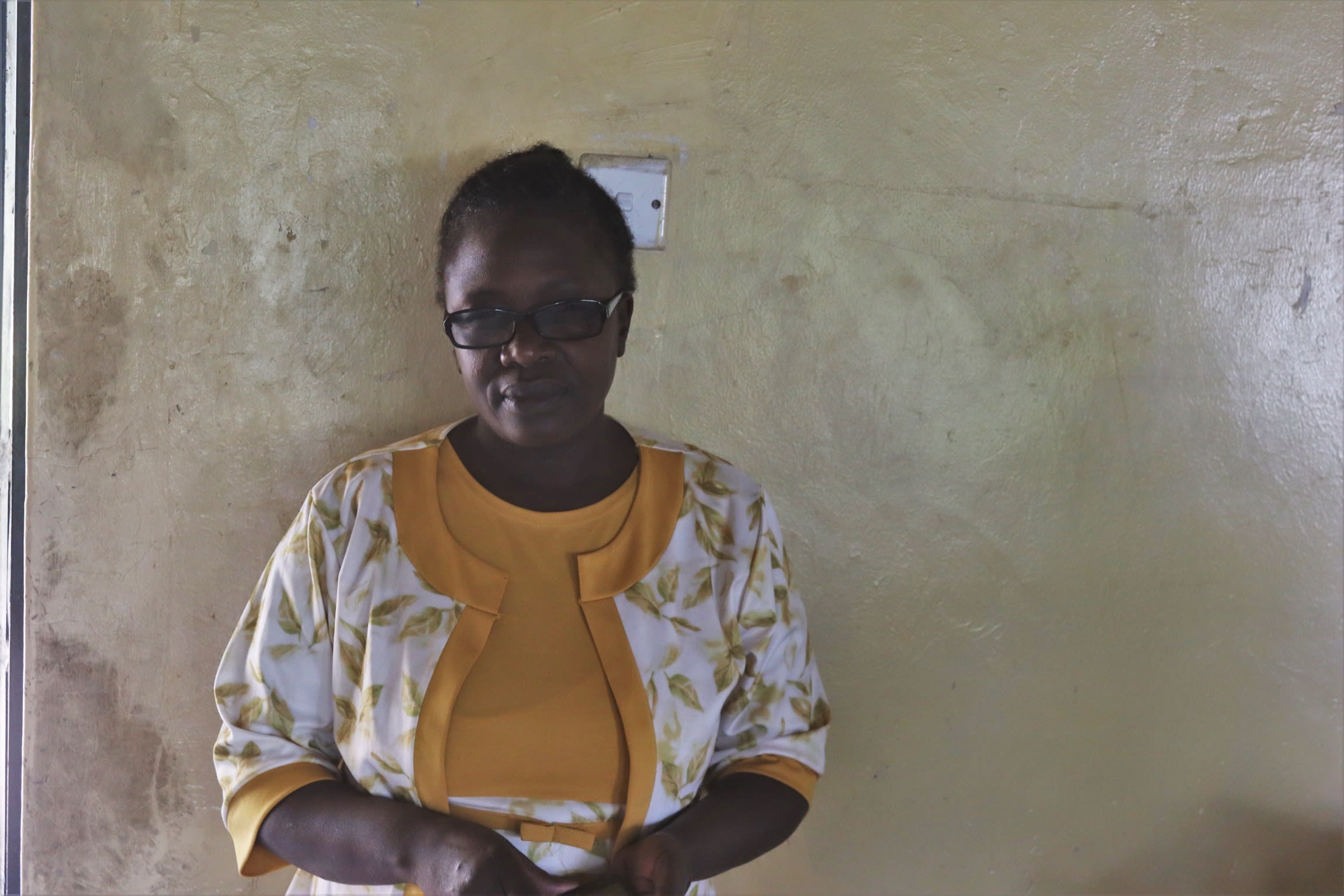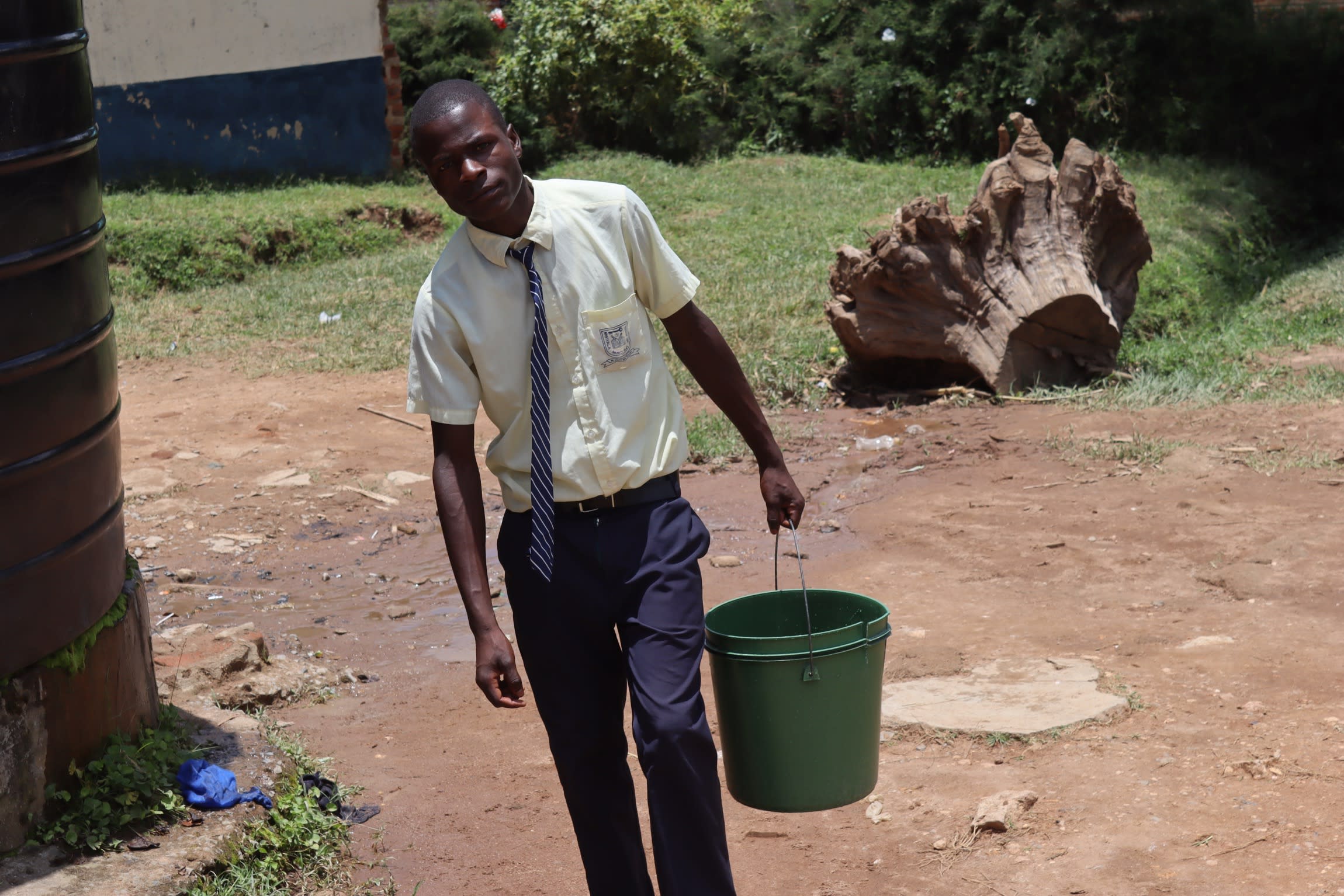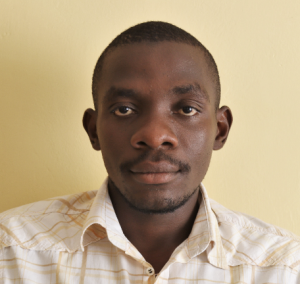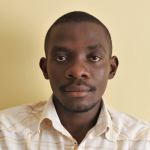The 436 students and staff at Mwiyala rely on a broken hand-dug well and two small rain tanks for all their water needs. The water yielded from these sources is never enough for everyone.
The hand pump at the shallow well, which was installed when the school was built in 2009, breaks down frequently. The school cannot afford to fix the pump every time, which leaves students waiting in long lines at the school's two 10,000-liter rain tanks.
However, the tanks dry up as soon as the rainy season ends, leaving students with no other option but to miss class or go without water.

"I feel for [these] students," said deputy principal Rose Kotia (in the above photo). "Every 20 or 30 minutes wasted at this water point will cost them academically at some point. While other students countrywide are in class, our students are still at the tank trying to access water. I believe we can do better."
"Increased [water] collection time has...been shown to negatively affect the educational success of students, who report being late to school, lack of morale and ability to focus, and fatigue due to their water collection responsibilities." - David Hemson, ‘The Toughest of Chores’: Policy and Practice in Children Collecting Water in South Africa
"If the time I spend waiting to wash my plate and drink water from the tank was diverted to classwork, I assure you I [could] do better," said student Maxwell T (shown carrying water in the photo below). "Being in class on time means ample time to prepare for the next class, timely syllabi coverage, and subsequently good performance in the examinations."

“In addition to the necessity of water to maintain personal and environmental hygiene, reducing student dehydration in schools has been associated with improved cognitive abilities.” - UNICEF
Despite the school's water challenges, the school's enrollment numbers and student performance remain high. While this is a blessing in many ways, it also means the school's already-strained water supply will need to be stretched even further as more and more students join. This struggle is an unsustainable burden on the school community.
What We Can Do:
New Well
We conducted a hydrogeological survey at this school and the results indicated the water table beneath it is an ideal candidate for a borehole well. Due to a borehole well's unique ability to tap into a safe, year-round water column, it will be poised to serve all of the water needs for this school's large population, even through the dry months.
The school will help collect the needed construction materials such as sand, rocks, and water for mixing cement. They will also provide housing and meals for the work team, in addition to providing local laborers. We will complement their materials by providing an expert team of artisans and drilling professionals, tools, hardware, and the hand-pump. Once finished, water from the well will then be used by the school’s students and staff for drinking, handwashing, cooking, cleaning, and much more.
Handwashing Stations
There is currently nowhere for students to wash their hands after using the latrines or before eating lunch, let alone the water to do so.
The student health club will oversee the two new handwashing stations we will provide, and make sure they are kept clean and in working condition. The club leaders will fill the handwashing stations with water daily and make sure they are always supplied with a cleaning agent such as soap or ash.
VIP Latrines
We will construct two triple-door latrine blocks using local materials that the school will help gather. Three doors will serve the girls and three doors will serve the boys. All of these new latrines will have cement floors that are designed to be easy to use and to clean. And with a borehole right on school property, there should be enough water to keep them clean.
Training on Health, Hygiene, COVID-19, and More
We will hold a one-day intensive training session with students, teachers, and parents. This training will cover a wide range of topics including COVID-19 symptoms, transmission routes, and prevention; personal and environmental hygiene; and the operation and maintenance of the borehole, latrines, and handwashing stations. There will be a special emphasis on handwashing.
Our team of facilitators will use a variety of methods to train, including participatory hygiene and sanitation transformation, and asset-based community development. We will initiate a student health club, which will prepare students to lead other pupils into healthy habits at school and at home. We will also lead lectures, group discussions, and provide illustrative handouts to teach health topics and ways to promote good hygiene practices within the school including handwashing and water treatment. We will then conduct a series of follow-up trainings before transitioning to our regularly scheduled support visits throughout the year.
We and the school strongly believe that all of these components will work together to improve standards at this school, which will help lead to better student academic performance and will help unlock the opportunity for these students to live better, healthier lives.

 Borehole Well and Hand Pump
Borehole Well and Hand Pump
 Rehabilitation Project
Rehabilitation Project






































